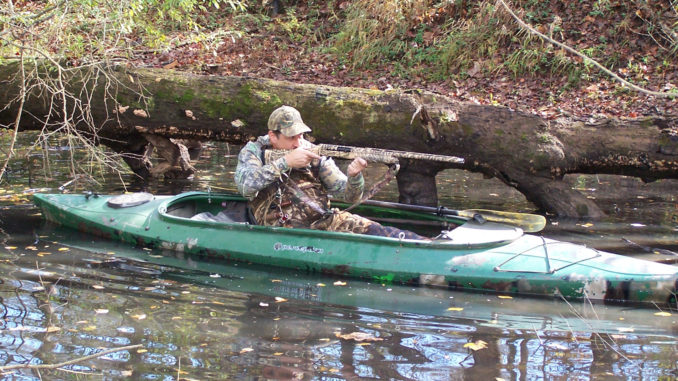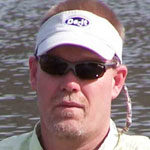
Floating Upstate rivers will be best hope
Sitting down to write after pushing back from the Thanksgiving table, I’m afraid I’ve got some bad news for all you duck hunters out there. Last season, the perfect storm formed, allowing South Carolina waterfowlers to have a banner year. The bad news is, this isn’t last season.
It was pretty much a foregone conclusion that this duck season would not measure up to last year’s. Namely, because we had water, we had food, and so we had ducks, and when we shot those, the weather up North brought us some more ducks, and the weather kept those ducks here for the entire season.
My personal observations and the observations of some others who hunted over the Thanksgiving holidays, all pointed to water as the missing factor. Symptomatic of the low-water conditions is that those who planted food plots specifically to flood and hunt over or those who rely on natural aquatic vegetation to draw ducks discovered that without water, they didn’t have the food either.
Successful duck hunting is a combination of several factors: water, food, and ducks. Many would argue that they’d shoot ducks all day-long in the desert if there were ducks there, but the caveat is that in order to get the ducks, you have to have the food, the water, and later in the season, weather, for it all to work out.
The combination of limited rainfall events and drought conditions has adversely impacted ground water and lake levels across the state. In a recently published article, Hope Mizzell, state climatologist, wrote, “The Midlands and the Upstate had the driest July-to-September stretch since records were kept in 1948, and the year so far is the third-driest ever.”
The good news is this isn’t the first time the state has faced drought, especially in the Upstate. Savvy hunters will find a pattern that works, and for duck hunter Tommy Price of Anderson County, it’s floating rivers that flow through the Upstate.
“It’s just common sense; if the swamps are dry and the lakes are low, that only leaves a few places for ducks to go to find water,” he said. “You can’t hunt Hartwell because it’s got a 50-yard ring of red mud around it, with nowhere to hide. The only reasonable place that you’ll find ducks and can get close to them is by floating down a river in a kayak or canoe.”
Price says that most of the major rivers across the Upstate will offer ducks the food, water and shelter they need. When floating a river for ducks, he prefers a curvy stretch that will allow him to float up, out of sight, on a bend in the river. Typically, he finds birds loafing in the calmer water on the other side of the bend. It may sound like a no-brainer, but there are factors that will determine your success.
“Drought affects rivers too,” said Price, “so it’s best to do a little scouting. You can check water levels at bridge crossing and get a pretty decent idea if there’s enough water to float. I’d also recommend wearing a set of chest waders, because there are times when you’ll have to get out of your canoe of kayak to clear an obstruction or pull the boat over a logjam.”
Good water to check out for Upstate float trips include the Saluda River from the Greenville/Pickens border to Lake Greenwood; the Reedy River upstream of Greenwood is a likely choice. Others include the Rocky River below Anderson, Enoree and Tyger near Newberry, and the Pacolet near Spartanburg. On the other side of the state, stretches of the Broad and Wateree rivers above Columbia make for good float-hunting during low water times.
Waters that are navigable by boat are generally considered to be public water. Adjacent landowners have may have ownership of the shoreline and possibly the stream bed. Hunters who stay in the boat can avoid trespassing. Check with local authorities before hunting a stretch of water to make sure you’re legal while Palmetto Paddling.




Be the first to comment